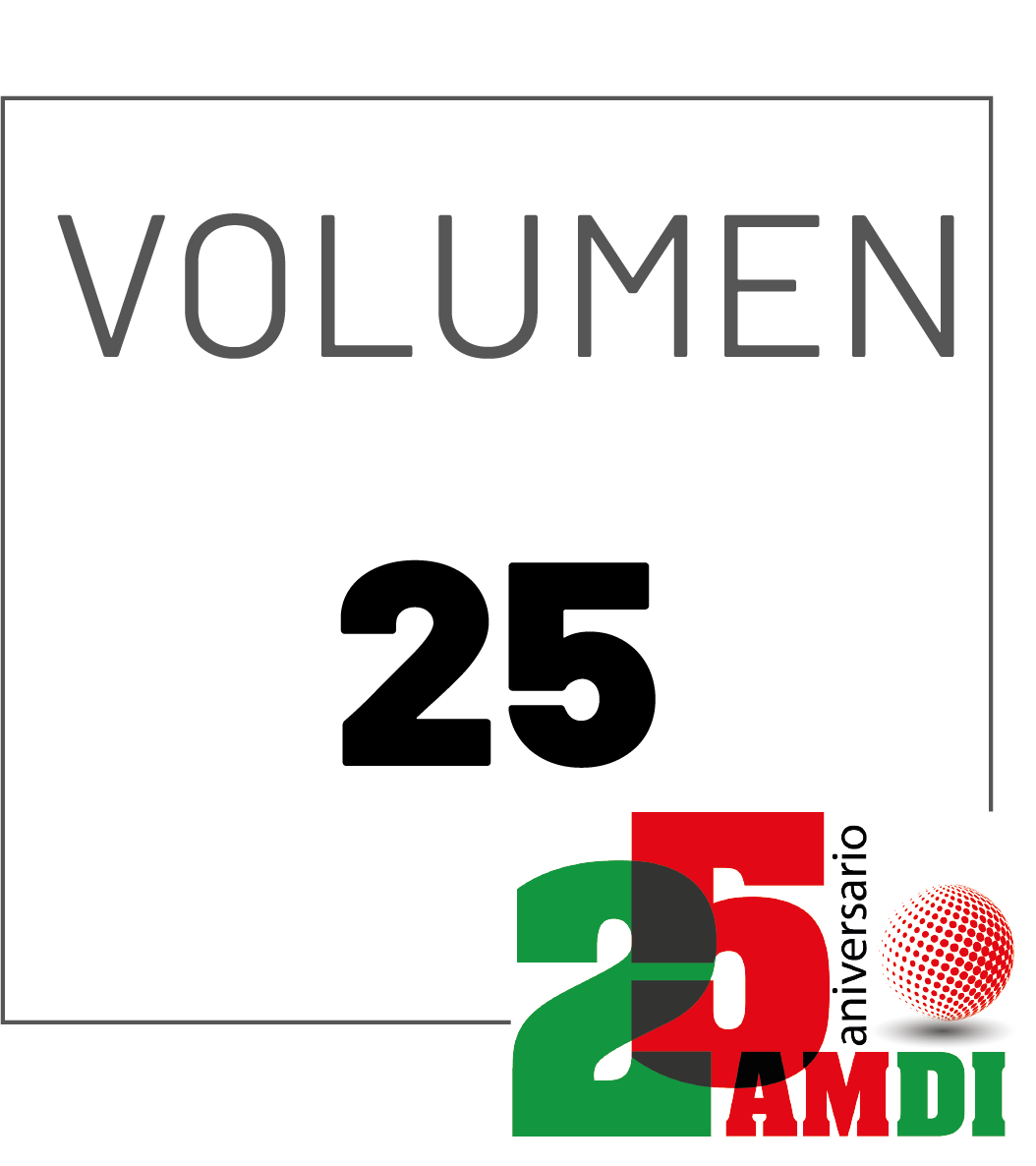Las muchas vidas del principio del effet utile en la interpretación de tratados
Este artículo estudia las múltiples formas en las que el principio de efectividad en la interpretación de los tratados ha sido aplicado en la jurisprudencia internacional. Se propone una categorización de las diferentes versiones de este principio, en atención a a) el objeto y fin que el intérprete intenta realizar (i.e., el objeto y fin del tratado en su totalidad o aquel de sus componentes particulares; b) la medida para evaluar la efectividad (i.e., una versión ‘restringida’ que únicamente previene que el tratado o sus componentes sean absolutamente privados de sentido o una versión ‘amplia’ que procura la maximización de sus efectos) y c) la relevancia de los hechos específicos del caso bajo estudio por la corte o tribunal internacional para determinar el sentid general de los términos del tratado.
Detalles del artículo
Uso de licencias Creative Commons (CC)
A partir del volumen 25, todos los textos publicados por el Anuario Mexicano de Derecho Internacional sin excepción, se distribuyen amparados con la licencia CC BY-NC 4.0 Internacional, que permite a terceros utilizar lo publicado, siempre que mencionen la autoría del trabajo y la primera publicación en esta revista.
Del volumen I al XIV de Anuario Mexicano de Derecho Internacional la licencia utilizada era Atribución-NoComercial-SinDerivadas 4.0 Internacional
Derechos de autoras o autores
De acuerdo con la legislación vigente de derechos de autor el Anuario Mexicano de Derecho Internacional reconoce y respeta el derecho moral de las autoras o autores, así como la titularidad del derecho patrimonial, el cual será transferido —de forma no exclusiva— al Anuario para permitir su difusión legal en acceso abierto.
Autoras o autores pueden realizar otros acuerdos contractuales independientes y adicionales para la distribución no exclusiva de la versión del artículo publicado en el Anuario Mexicano de Derecho Internacional (por ejemplo, incluirlo en un repositorio institucional o darlo a conocer en otros medios en papel o electrónicos), siempre que se indique clara y explícitamente que el trabajo se publicó por primera vez en el Anuario.
Para todo lo anterior, deben remitir la carta de transmisión de derechos patrimoniales de la primera publicación, debidamente requisitada y firmada por las autoras o autores. Este formato debe ser remitido en PDF a través de la plataforma OJS.
Derechos de lectoras o lectores
Con base en los principios de acceso abierto las lectoras o lectores de la revista tienen derecho a la libre lectura, impresión y distribución de los contenidos del Anuario por cualquier medio, de manera inmediata a la publicación en línea de los contenidos. El único requisito para esto es que siempre se indique clara y explícitamente que el trabajo se publicó por primera vez en el Anuario Mexicano de Derecho Internacional y se cite de manera correcta la fuente incluyendo el DOI correspondiente.
Consúltese https://creativecommons.org/licenses/by-nc/4.0/

Esta obra está bajo una licencia internacional Creative Commons Atribución-NoComercial 4.0.
Citas
Bederman, David, Classical canons: Rhetoric, classicism and treaty interpretation, Ashgate, 2001.
Berlia, Georges, “Contribution a l’interprétation des traités” in Collected courses of The Hague academy of international Law, Brill, vol. 114, 1965.
Bianchi, Andrea and Zarbiyev, Faud, Demystifying treaty interpretation, Cambridge University Press, 2024.
Bjorge, Eirik, The evolutionary interpretation of treaties, Oxford University Press, 2014.
Castro, Roberto, The ICSID Convention and the VCLT: Interpreting the Term “Investment’’ in Shirlow, Esmé and Nasir, Kiran (eds.), The Vienna Convention on the Law of Treaties in Investor-State Disputes: History, Evolution and Future, Kluwer Law International, 2022.
Den Heijer, Maarten, Extraterritorial asylum under international law, Hart Publishing, 2012.
Dörr, Oliver, The Strasbourg approach to evolutionary interpretation, Hart Publishing, 2019.
Fairman, Charles, The interpretation of treaties, vol. 20: Transactions of the grotius society, 1934.
Fitzmaurice, Malgosia and Merkouris, Panos Merkouris, “Canons of treaty interpretation: selected case studies from the World Trade Organization and the North American Free Trade Agreement” in Fitzmaurice, Malgosia et al. (eds.), Treaty interpretation and the Vienna Convention on the Law of Yreaties: 30 years on, Brill, 2010.
Fitzmaurice, Sir Gerald, “Vae Victis or Woe to the Negotiators! Your Treaty or Our “Interpretation” of It?”, American Journal of International Law, 1971, vol. 65, t. 2.
Grahl-Madsen, Atle, Commentary on the Refugee Convention, articles 2o.-11, 13-37, UNHCR, 1997.
Grotius, Hugo, On the law of war and peace, student edition, Neff, Stephen (ed.), Cambridge University Press, 2012.
Gutiérrez Álvarez, José Rogelio, “The weight of a State’s past stances on treaty interpretation-may good faith play a role?”, Cambridge International Law Journal, 2024, vol. 13.
Jennings, Robert and Watts, Arthur, Oppenheim’s International Law, 9th ed., vol. 1: Peace, Oxford University Press, 2008.
Kingsbury, Benedict, “International courts: uneven judicialization in global order” in Crawford, James and Koskenniemi, Martti (eds.), The Cambridge Companion to International Law, Cambridge University Press, 2012.
Kolb, Robert, Interprétation et création du droit international, Bruylant, 2006.
Kolb, Robert, The law of treaties: An introduction in Edward Elgar, 2016.
Kritsiotis, Dino, “The object and purpose of a treaty’s object and purpose” in Bowman, Michael and Kritsiotis, Dino (eds.), Conceptual and contextual perspectives on the modern law of treaties, Cambridge University Press, 2018.
Merrills, J, The development of international law by the European Court of Human Rights (2nd. ed.), Manchester University Press, 1993.
Moekli, Daniel, Interpretation of the ICESCR: Between morality and State consent’ in Moekli, Daniel et al. (eds.), The human rights covenants at 50: Their past, present and future, Oxford University Press, 2018.
Moore, John, History and digest of international arbitrations to which the United States has been a Party (4a. ed.), Government Printing Office, 1898.
Mortenson, Julian, ‘The travaux of travaux: is the Vienna Convention hostile to drafting history?’, American Journal of International Law, vol. 107, num. 4, 2013.
Reinisch, August and Braumann, Céline, ‘Effet Utile’ in Klinger, Joseph and others (eds.), Between the lines of the Vienna Convention? Cannons and other principles of interpretation in public international law, 2018.
Schlütter, Birgit, ‘Aspects of human rights interpretation by UN treaty bodies’ in Keller, Helen and Ulfstein, Geir (eds.), UN Human rights treaty bodies: Law and legitimacy, 2012.
Sinclair, Ian, The Vienna Convention on the law of treaties (2a. ed.), Manchester University Press 1984).
Van Damme, Isabelle, Treaty interpretation by the WTO appellate body, 2009.
Vattel, Emer de, The law of nations in Kapossy, Béla and Whatmore, Richard (eds.), Liberty Fund, 2008.
Vriese, Kit de, How to?: A Methodological Guide to Identify a Treaty’s Object and Purpose’, vol. 21: The Law and Practice of International Courts and Tribunals.
Weeramantry, Romesh, Treaty interpretation in investment arbitration, 2012.
Wyatt, Julian, Intertemporal linguistics in international law, Hart Publishing, 2020.




































